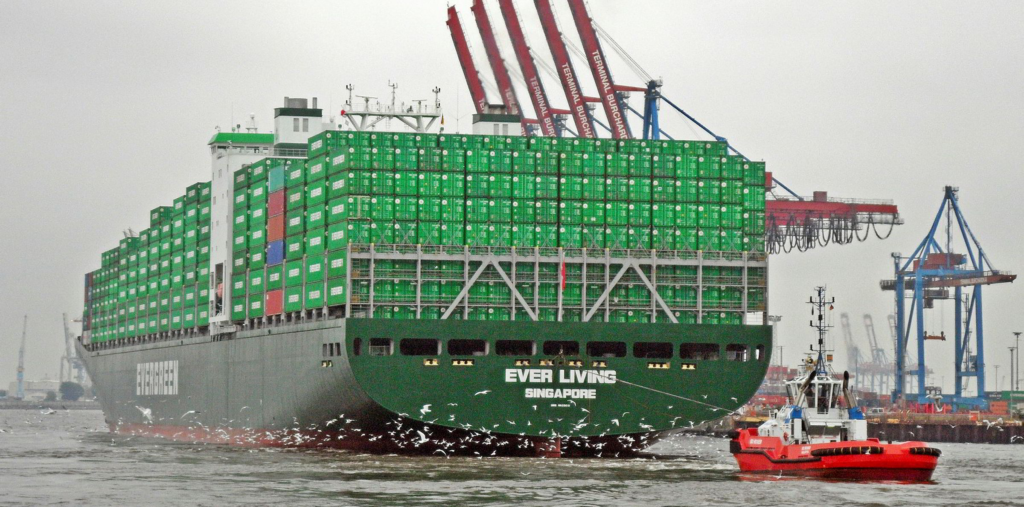On November 11th, 2024, Donald Trump was officially re-elected as President of the United States. Throughout his campaign, Trump emphasized the importance of domestic tax cuts and rising foreign tariffs to stimulate the US economy. His “America First” policy, aimed at protecting US manufacturing and combating imported goods, particularly from China, is expected to disrupt the existing global supply chain significantly. Although Trump will not assume the role of the 47th President until next year, the logistics world has already been thrown into turmoil due to expectations of increased tariffs.
With a high expectation of rising tariffs, US importers rush to complete their final shipments before Trump’s inauguration. This surge in demand is the direct cause of soaring freight prices. This movement in freight prices is further demonstrated through the market fluctuations of container index futures for the Europe route, which have shown a pattern of strength in near-month contracts and stagnation in far-month contracts. On November 8th, the main EC2502 contract (Europe Container with Maturity Date in February 2025, just after Trump’s inauguration) increased by 3.74% compared to its previous day’s prices. Meanwhile, far-month contracts like EC2508, which will mature in August 2025, have fallen drastically by 10.99% daily. Freight futures prices are often an accurate indication of upcoming trends; for instance, in the first half of 2024, the index nearly doubled due to the Red Sea crisis.

In the meantime, carriers are poised to become the main beneficiaries in the heated market. Carrier companies’ stock prices have performed impressively over the past year. As of November 8, carrier corporations such as COSCO Shipping Holdings Co. (62.85%), Evergreen Marine Corp. (95.43%), and Yang Ming Marine Transport Corp. (13.28%) have experienced cross-industry stock price surge, averaging a 40% annualized return this year.
Not all expectations are fueled by pessimism. Amid this geopolitical disturbance, many can expect to benefit from the heated market, including long-term investors in shipping companies. Importers, in addition, can continue their trade using cross-trade methods to benefit their operations.





